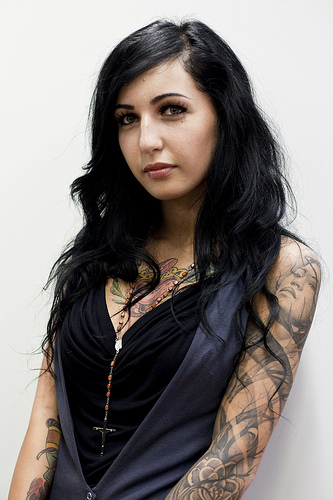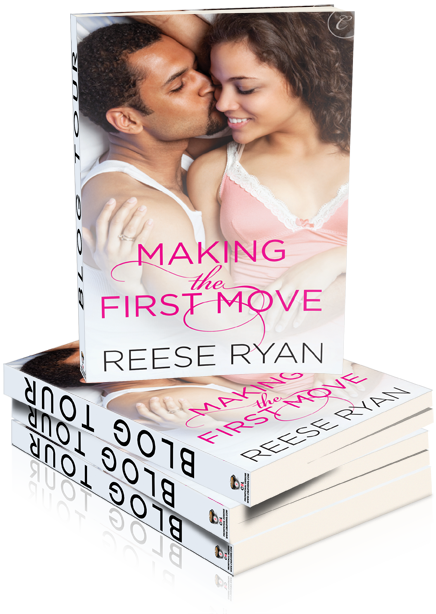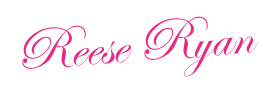This morning I’m over at the Café discussing a topic that has long bothered me. Sexism in romance.
 We normally accuse men of being sexist. Of wielding double standards. Yet in literature–and romance in particular–we are the ones who condemn brash, strong heroines and saddle them with uncomplimentary designations. I’ll admit that I’ve determined a heroine unlikeable and closed the book on her whereas I’ve pushed through to the end of a book even though the hero made me want to strangle him…from the very first chapter.
We normally accuse men of being sexist. Of wielding double standards. Yet in literature–and romance in particular–we are the ones who condemn brash, strong heroines and saddle them with uncomplimentary designations. I’ll admit that I’ve determined a heroine unlikeable and closed the book on her whereas I’ve pushed through to the end of a book even though the hero made me want to strangle him…from the very first chapter.
Why the double standard?
If a character needs to be likeable for me to read the book, shouldn’t that apply to both the hero and the heroine? It’s a question I asked myself while reading Janet Fitch’s literary fiction title, Paint It Black several years ago. To say her main character Josie Tyrell is deeply-flawed is like saying that deep-fried Twinkies aren’t an optimal dining selection. The truth is she’s horrid. Irresponsible. Self-absorbed. Yet the story is quite compelling.
So I ignored everything in me that screamed for me to shut the pages on Ms. Josie Tyrell and move on to a nice, sympathetic heroine. Or a least a flawed, but funny one like Heather Wells from Meg Cabot’s Size 12 is Not Fat. But the story pulled me forward. So I kept reading and was introduced to a woman who was perhaps even more unlikeable…Meredith–the mother of Josie’s dead boyfriend.
 I finished the book. And I’m glad that I did. It opened my eyes to the beauty that can be found in tales of broken, seemingly unredeemable female characters. I was drawn to more stories and characters like this–even in romance where we are assured a happy-ending–if only for now. This type of character also made her way into my own writing. At first she was always a secondary character–maybe even the best friend. But Jamie Charles–the best friend character in my upcoming debut novel, Making the First Move, had a lasting impact on me. I wasn’t satisfied to just know that she was a better person now. I wanted to go back and delve into the dirt to find out why she’d changed and witness the process. Jamie gets her own story later this year.
I finished the book. And I’m glad that I did. It opened my eyes to the beauty that can be found in tales of broken, seemingly unredeemable female characters. I was drawn to more stories and characters like this–even in romance where we are assured a happy-ending–if only for now. This type of character also made her way into my own writing. At first she was always a secondary character–maybe even the best friend. But Jamie Charles–the best friend character in my upcoming debut novel, Making the First Move, had a lasting impact on me. I wasn’t satisfied to just know that she was a better person now. I wanted to go back and delve into the dirt to find out why she’d changed and witness the process. Jamie gets her own story later this year.
Grab a cup of coffee and join me over at the Contemporary Romance Café to discuss why we hold heroines to a much higher standard than romance heroes and if that trend is changing. Plus meet Jamie in an excerpt of Making the First Move.
See you there!
Photo courtesy of Philippe Leroyer. Some rights reserved.

Wait, deep-fried Twinkies aren’t an optimal dining selection? Darnit.
All of this is so true. I think that deeply flawed female lead characters really stand out in romances, and sometimes people don’t like that. They want women that blend in, that don’t cause problems. If it’s someone they wouldn’t like, or someone with different flaws than them, it can be uncomfortable for them to watch them get a happy ending. But I think sometimes it’s the books that challenge us that we most need to read.
That’s why I love this in romance. I can get my point of view challenged by a difficult female character (or male character) and still spend my reading time with some escapist fun and a hot dude.
I will say, the sexism aspect of romance seems endemic to me. Women in general seem to be harder on themselves and other women, not just in books. I think particularly in books, we tend to be able to excuse the hero a bit more because, well, he’s hot, or attractive, whereas with the heroine, most of us aren’t thinking the same thing. Unless she’s flawed in a way we relate to, which makes it easier.
Very interesting view on things. When I was reading this I immediately thought of Jamie from the ARC I read of Making the First Move. She’s the right kind of difficult, though, in my opinion.
Opal! Thanks so much for your comment. I agree. Women are much harder on themselves and other women than men are. I hadn’t thought about that, but I’m sure it has a lot to do with it. Thank you for sharing your thoughts and for your kind assessment of Jamie as “the right kind of difficult.”
You said what I was thinking! How come heroes can be egotistical, pigheaded, stubborn, play the field and still be hot because the right woman tamed him?
I personally like difficult heroines. I view the romance as a way for a woman with flaws to discover herself and become a better person. If this means risking the reader to break their ereader of it, oh well! Hopefully the story is compelling enough for them to stick to the end. But really, to begrudge a heroine who has suffered so much a happy ending is just selfish.
I’d much rather read about an unredeemable heroine that borders on villainy than a Mary Sue any day. Those are the books that put me to sleep and never get finished.
thanks for the post! [don’t know why it got stuck up top, so I reposted]
Hi Rachelle!
Thanks for sharing your thoughts. Had to laugh when you said, “I’d much rather read about an unredeemable heroine that borders on villainy than a Mary Sue any day.” I completely agree!